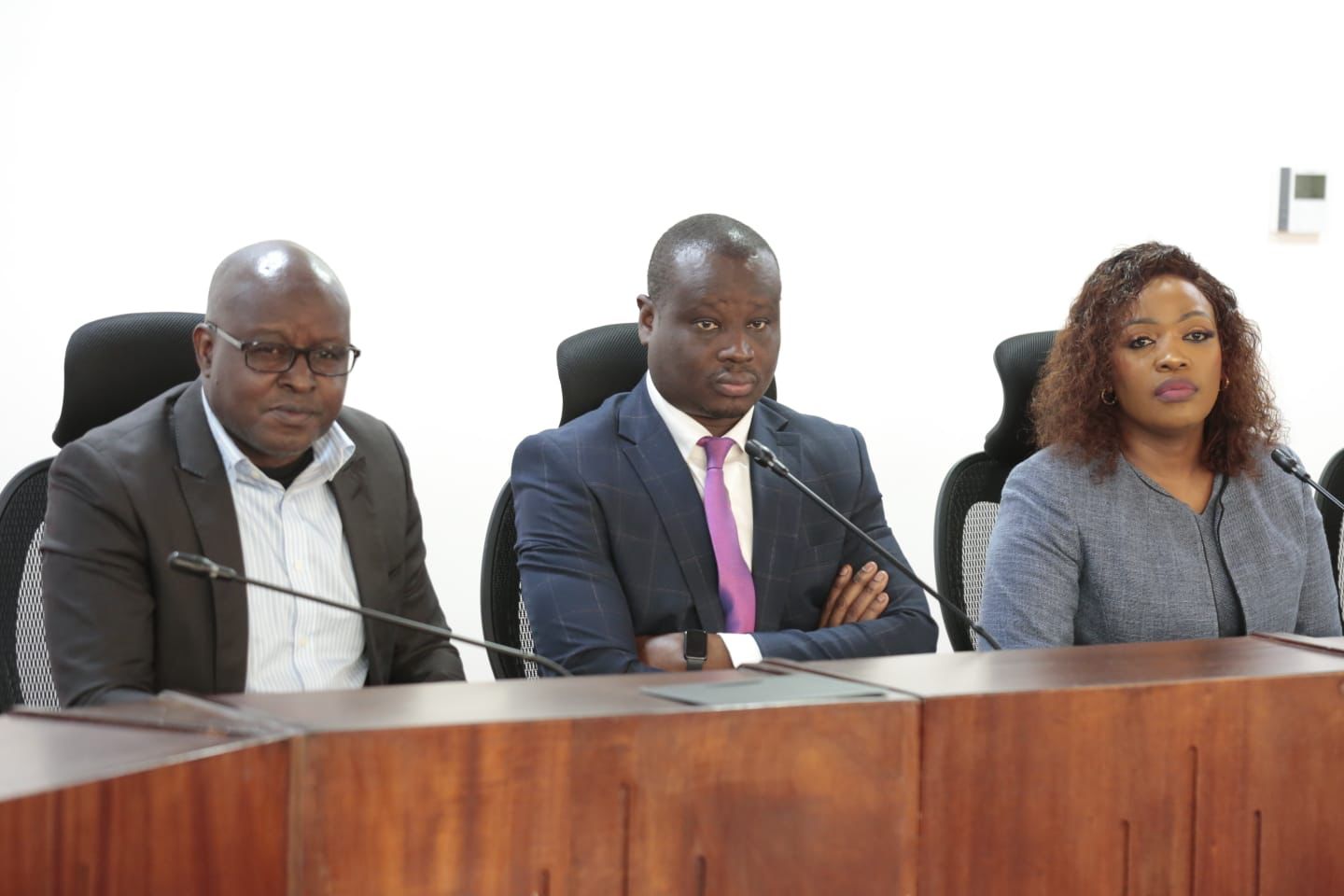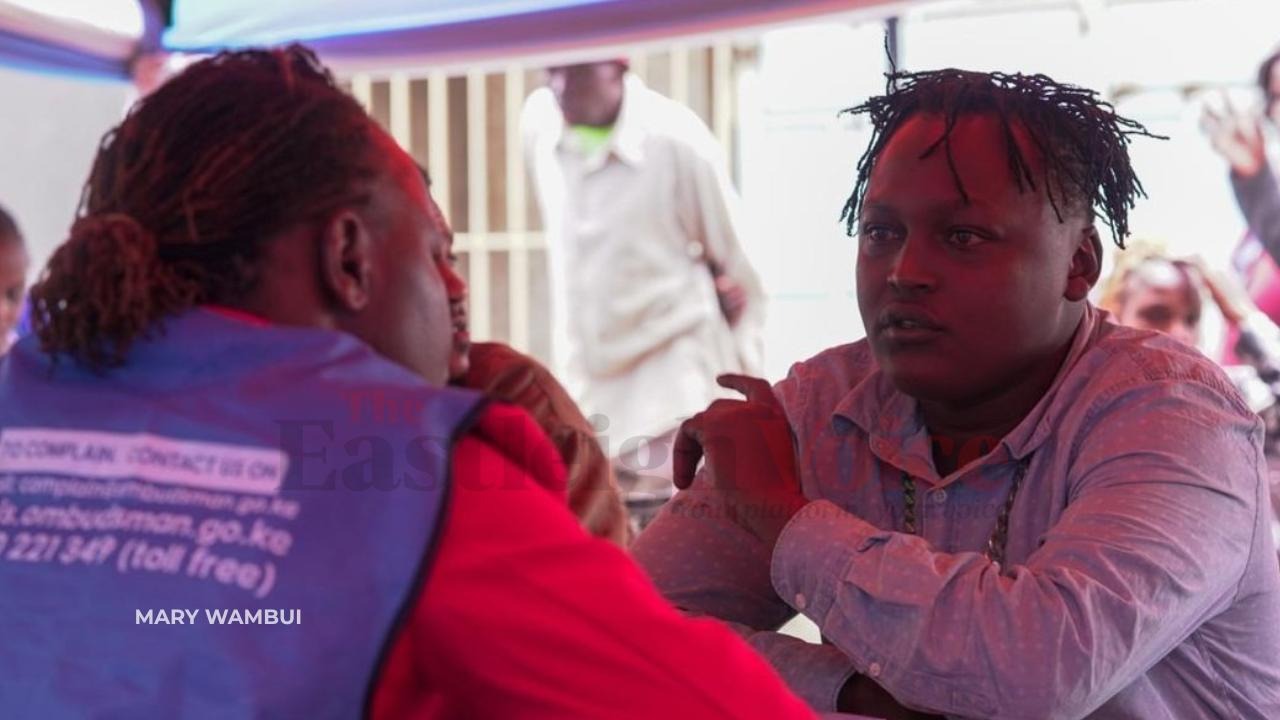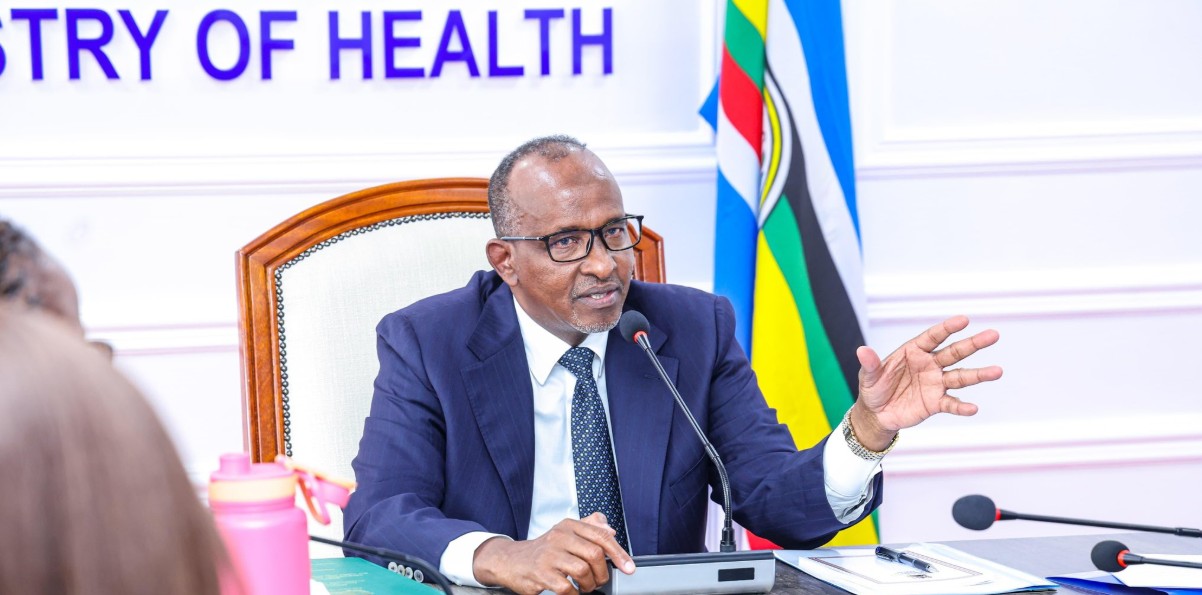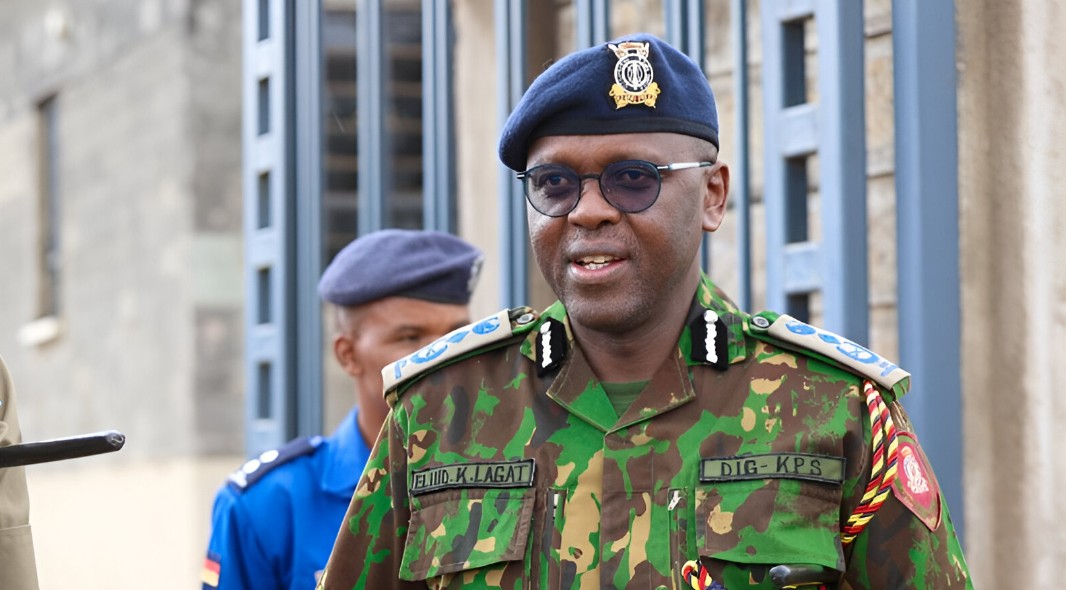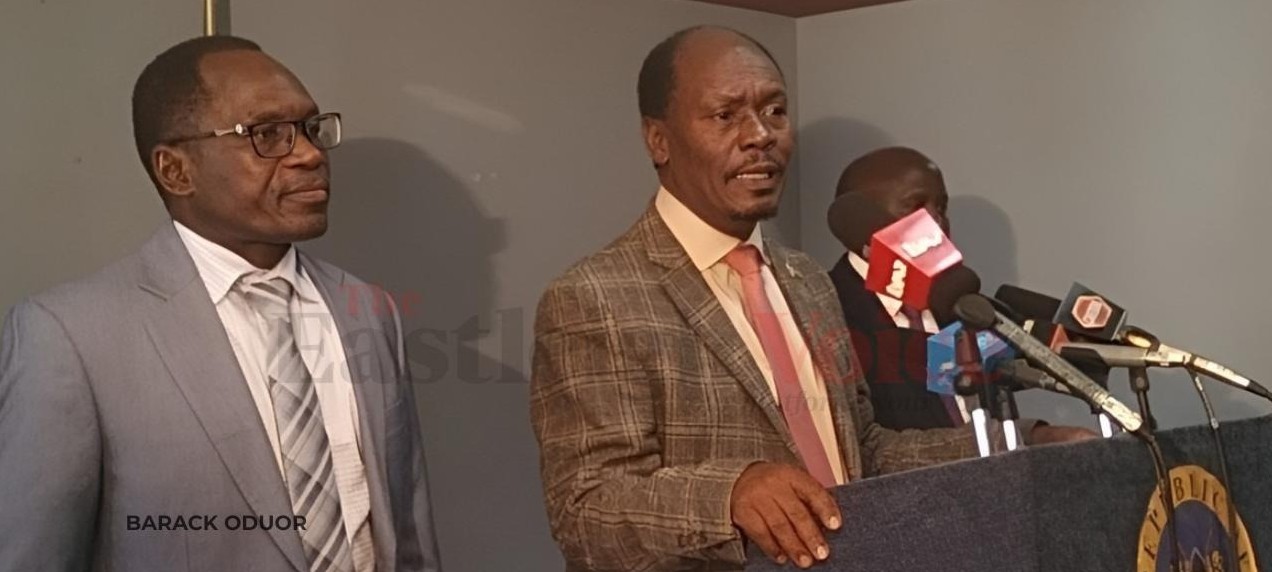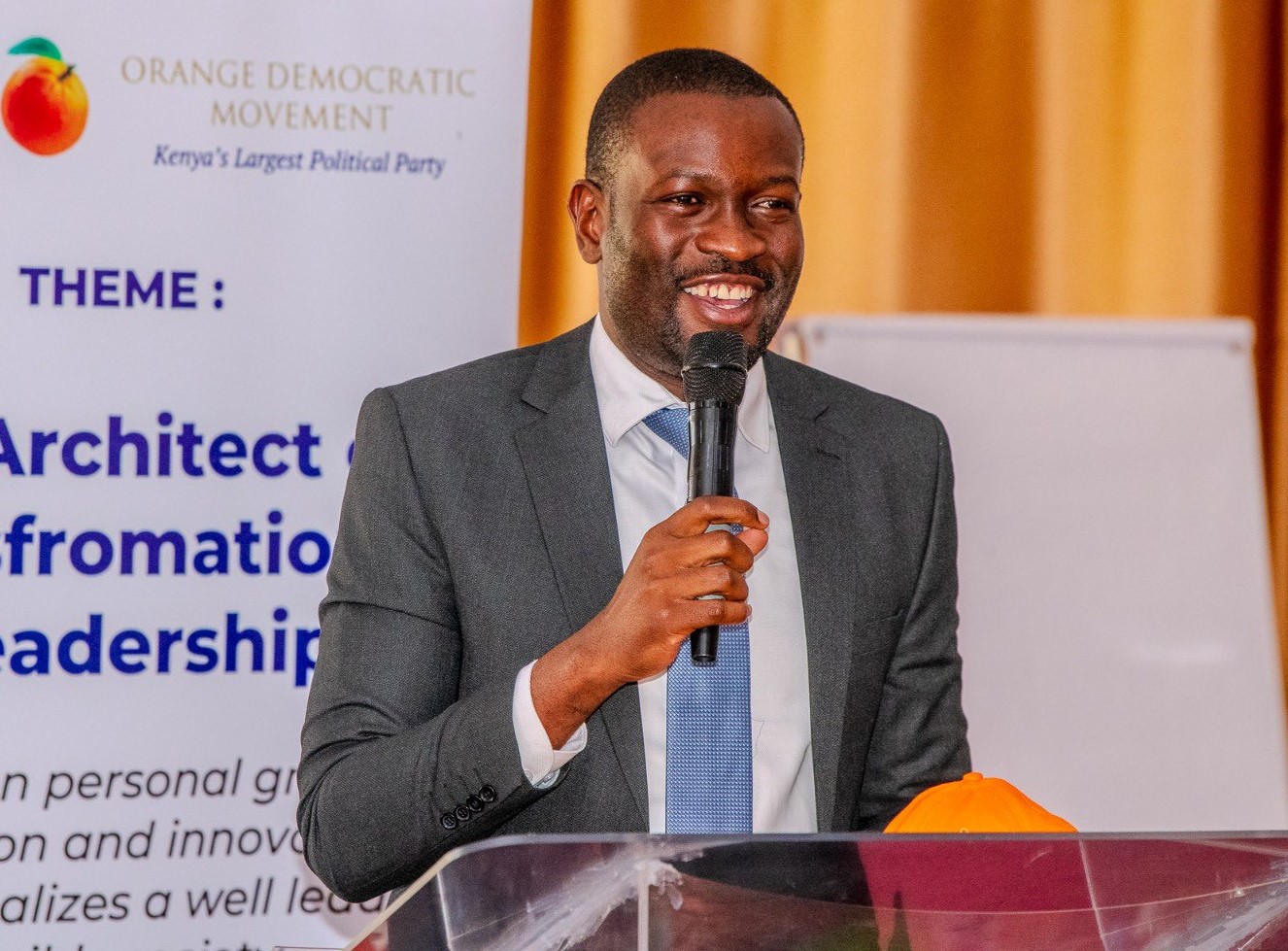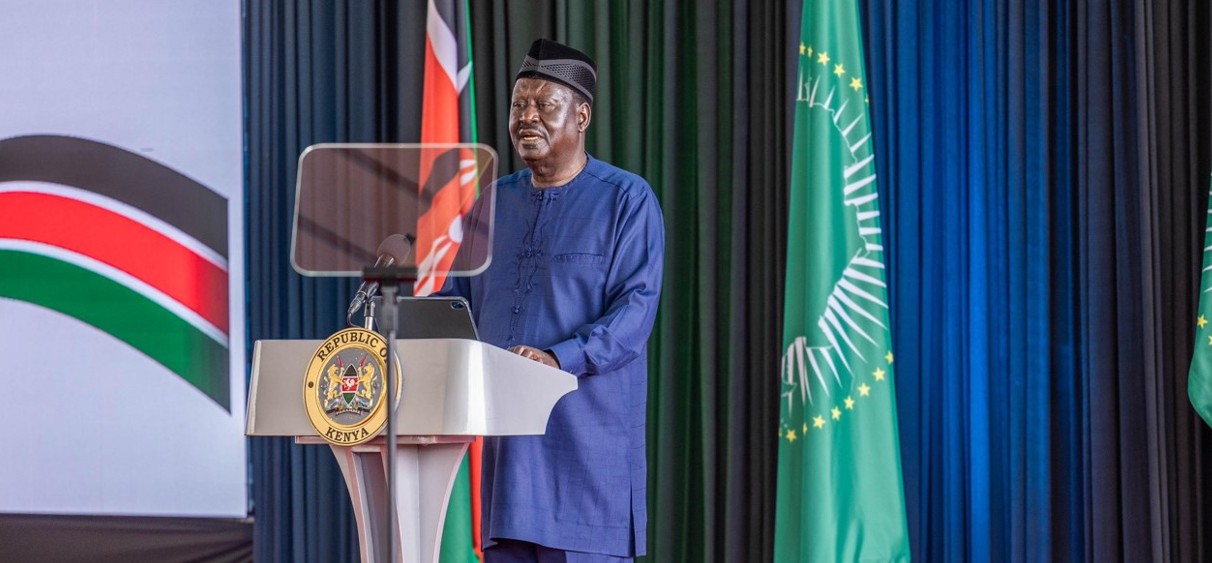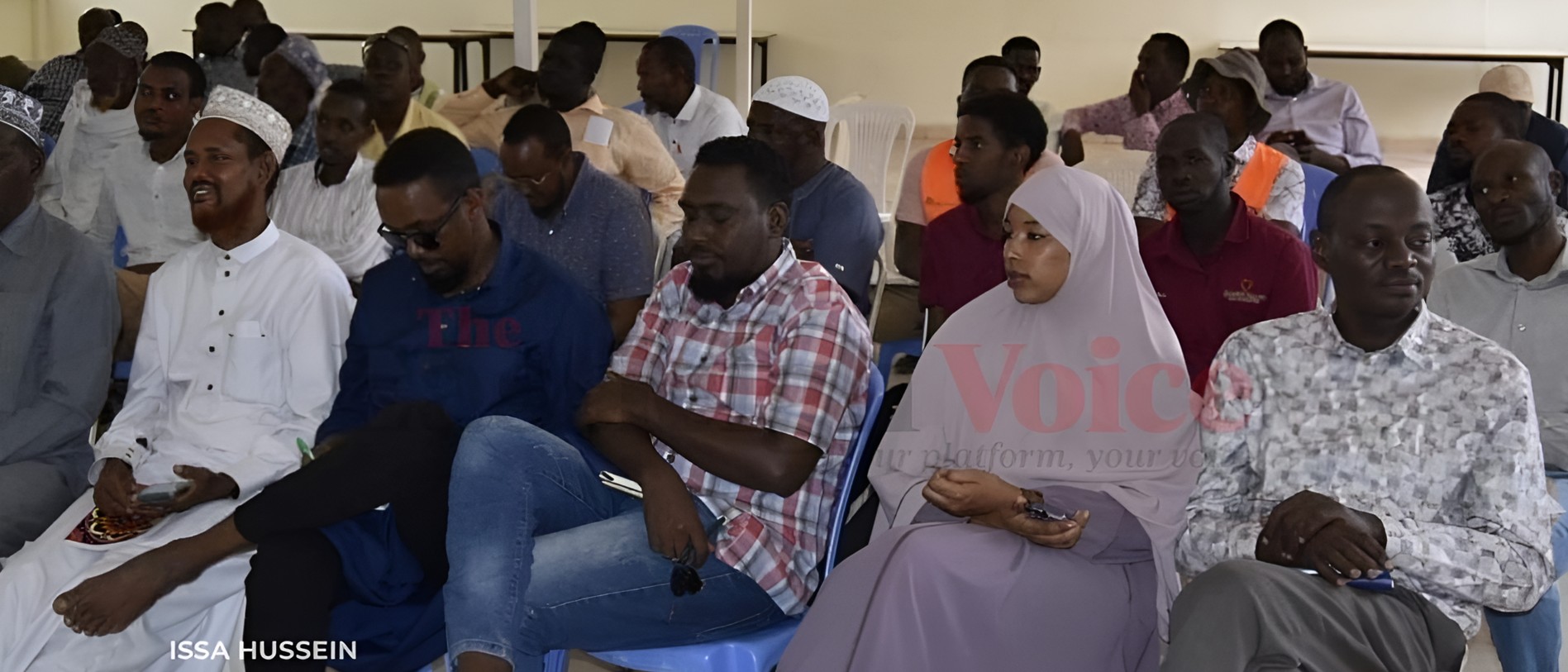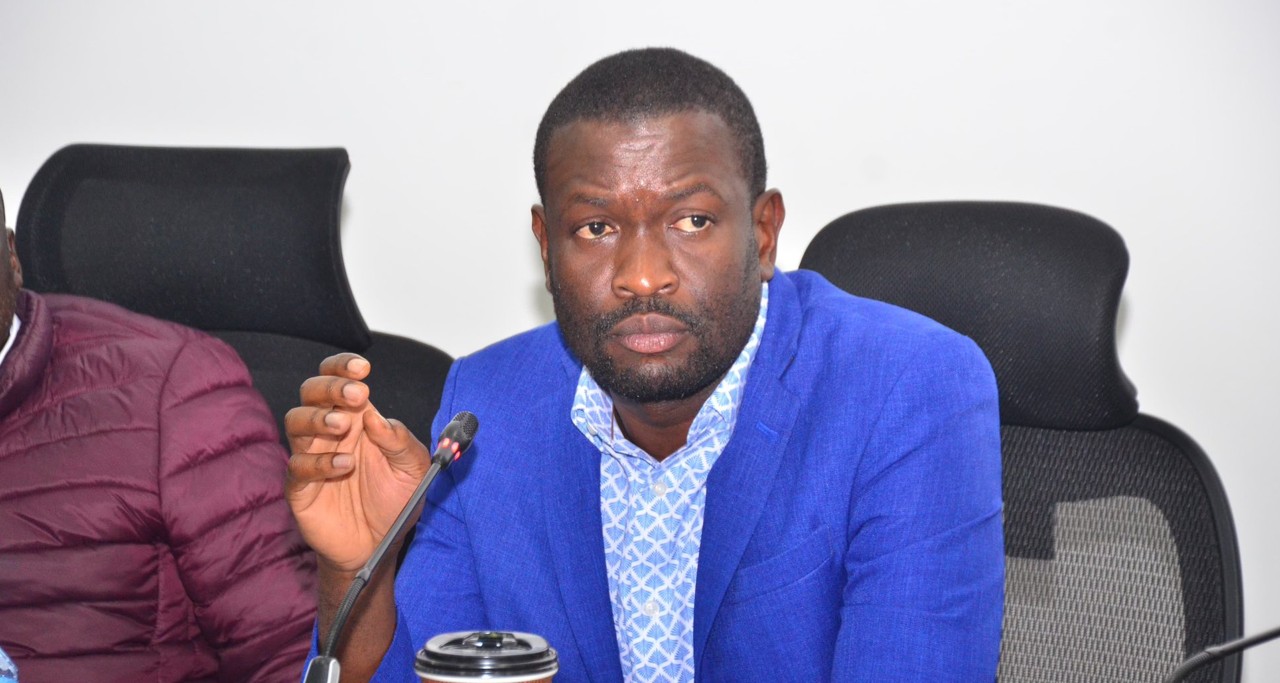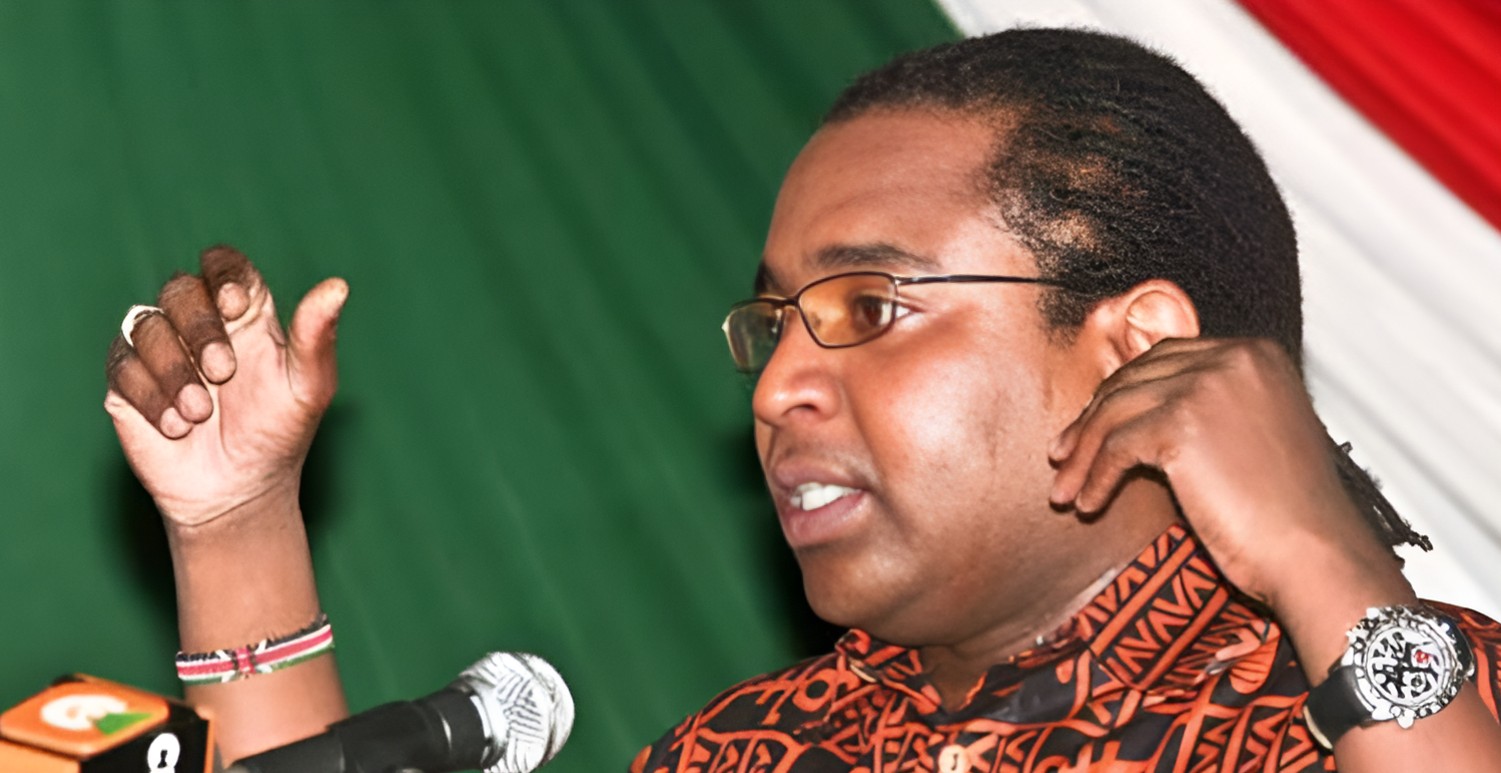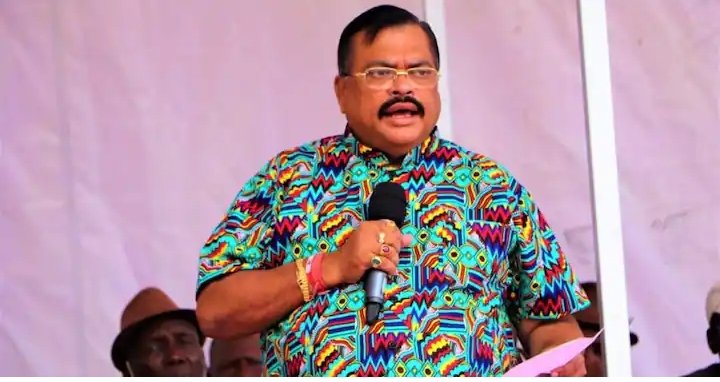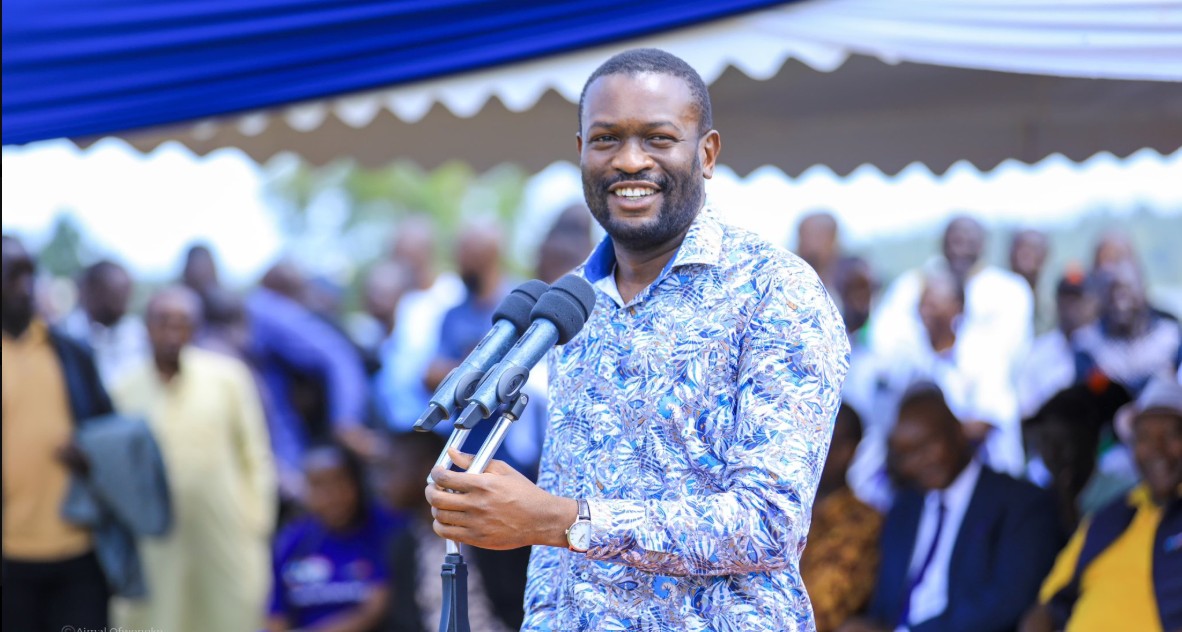Anti-doping agency's work grinds to a halt after huge funding cut
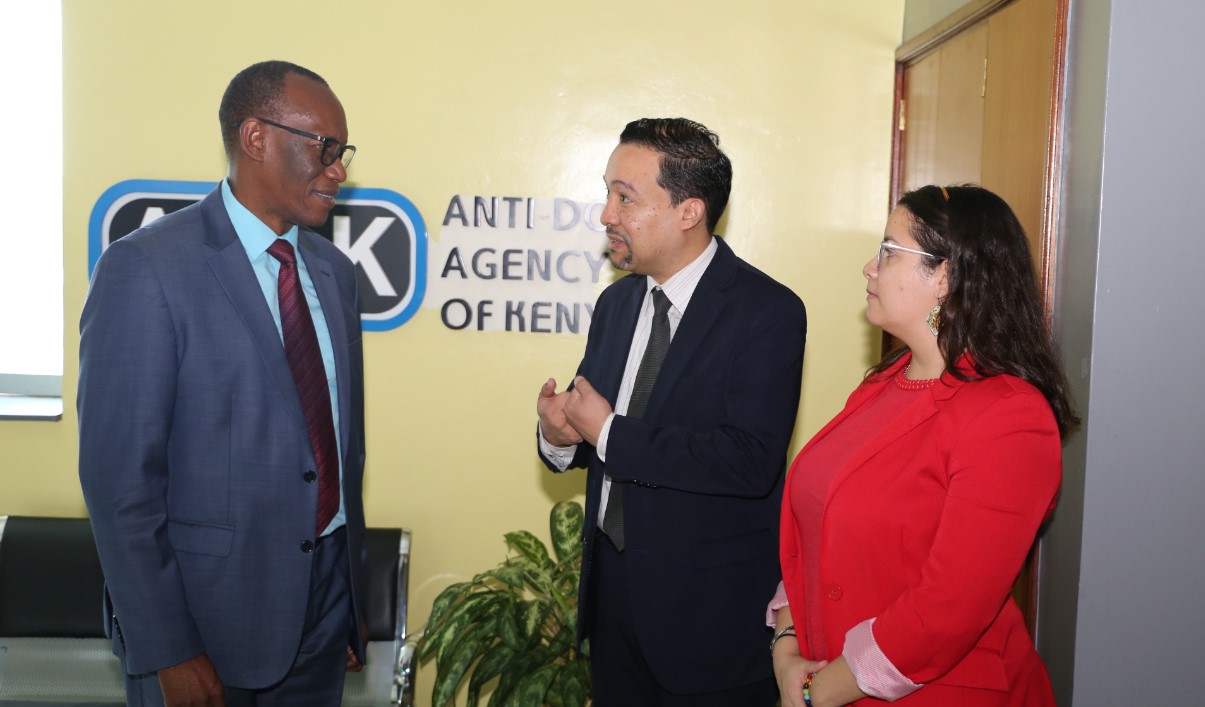
The Anti-Doping Agency of Kenya (ADAK) has ceased operations following a sharp reduction in government funding, ADAK Chairman Daniel Makdwallo has revealed.
According to Makdwallo, the agency's budget was slashed from Sh298 million to Sh20 million in the current financial year, resulting in the suspension of essential services like testing, travel, and salary payments.
More To Read
- Kipyegon, Chebet lead Kenya's charge as 58 athletes named for World Championships in Tokyo
- Eliud Kipchoge to skip 2025 World Athletics Championships, backs younger runners
- World record holder Ruth Chepng’etich faces ban after failed doping test
- Kenyan junior stars fired up for African athletics showpiece in Nigeria
- Sh20 million blow: Kenya’s anti-doping war crippled after drastic budget cut
- Rwanda’s Niyonkuru claims half marathon gold as Kenya’s Korir reclaims Kigali marathon crown
“Our operations, including the payment of salaries, travelling, and testing have been hampered. We are unable to meet our mandate and that means all our activities are grounded,” Makdwallo said on Tuesday.
He expressed concerns that the World Anti-Doping Agency (WADA) had already been informed of the funding shortage, warning of severe consequences if Kenya is declared non-compliant.
He noted that such a declaration could lead to Kenya being barred from hosting or participating in international sporting events.
While Sh650 million allocated for athletics anti-doping special programmes remains untouched, the drastic reduction in overall funding has crippled ADAK's ability to function.
“WADA is likely to declare Kenya non-compliant, which could result in the country being banned from international events,” Makdwallo said.
ADAK said it has escalated the issue to the ministries of Sports and National Treasury as well as the Parliamentary Committee on Sports, but the response has so far been that the government faces “budgetary challenges”.
The last full-scale testing conducted by ADAK was during the Paris Olympics and Paralympic Games, which were categorised as special projects.
“If WADA declares the country non-compliant due to reduced funding, our athletes will miss out on international competitions because ADAK cannot perform its regular testing both in and out of competition,” Makdwallo warned.
He further highlighted the impact of legal prosecutions for athletes who violate anti-doping policies and on educational programmes.
He stressed the importance of balancing sports infrastructure development with funding for anti-doping efforts.
“No anti-doping education can proceed. We can't build stadiums and not have people compete in them. It won't make sense, hence we should strike a good balance in funding," Makdwallo said.
He pointed out the agency's progress in combating doping, noting the increased number of tests and rising doping cases as evidence of the system’s effectiveness.
ADAK's CEO Sarah Shibutse also warned that Kenyan teams could miss events such as the World Rugby Sevens Series in November and the 2025 Africa Nations Championships (CHAN) in February.
“We shall be declared non-compliant if we cannot carry out testing and educational programmes. We are hopeful that our plea will be considered in the supplementary budget,” she said.
In 2022, President William Ruto pledged Sh650 million annually for five years to combat doping, a move that helped Kenya avoid an athletics ban.
The increased funding for the agency allowed it to conduct more tests, leading to the detection of more doping cases. In 2022, the Athletics Integrity Unit (AIU) banned 38 athletes, but the number dropped to 29 in 2023.
ADAK itself banned 34 athletes in 2022, and that number increased to 60 in 2023.
ADAK was established in 2016 following the passage of the Anti-Doping Act, signed by former President Uhuru Kenyatta, which saved Kenya from being banned from the 2016 Rio Olympics.
Top Stories Today
